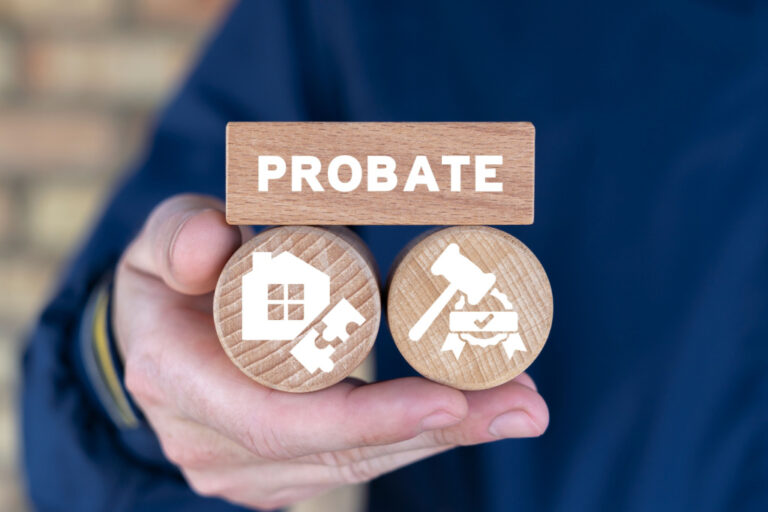Hello, readers! Today, we’re going to explore a critical component of estate planning – the Durable Power of Attorney (DPOA). A DPOA is a legal instrument that allows you, the ‘principal’, to designate another person, referred to as an ‘agent’ or ‘attorney-in-fact’, to manage your financial affairs. But what makes a DPOA ‘durable’, and why might it be a crucial element in your planning strategy?
Understanding Durable Power of Attorney
A Power of Attorney is ‘durable’ if it remains in effect even after the principal becomes mentally incapacitated. This distinguishes it from a regular Power of Attorney, which becomes ineffective under such circumstances. The ‘durable’ nature of this Power of Attorney ensures your chosen agent can act on your behalf when you are unable to, providing a safety net for unforeseen circumstances.
Why Would You Want a Durable Power of Attorney?
There are several reasons why establishing a DPOA can be advantageous:
You Choose Your Agent: With a DPOA, you select who will manage your affairs if you become unable. This gives you control over who has access to your finances and can make decisions on your behalf.
Avoiding Conservatorship: In the absence of a DPOA, if you become incapacitated, a court may appoint a conservator to handle your financial matters. The process can be lengthy, costly, and the court-appointed individual may not be your preferred choice.
Flexibility and Peace of Mind: You can specify what financial powers your agent has, providing you with flexibility. Plus, knowing that your financial matters will be handled if you cannot do so provides peace of mind.
Is Recording a Durable Power of Attorney Necessary?
In Arkansas, you are not required to publicly file your DPOA for it to be effective. It can be a private agreement between you and your agent, providing a sense of discretion and privacy.
However, there are circumstances where recording your DPOA can be beneficial:
Real Estate Transactions: If your agent will be handling real estate transactions on your behalf, it’s a good idea to record the DPOA. This is because third parties such as title companies may require proof that the agent has the authority to act on your behalf.
Public Notice: Recording the DPOA provides public notice of the agent’s authority, reducing the likelihood of disputes or challenges.
In conclusion, while a Durable Power of Attorney does not need to be publicly filed in Arkansas, there are situations where doing so is advantageous. A DPOA is a powerful tool in estate planning, offering you control, flexibility, and peace of mind.
Remember, it’s essential to consult with an experienced attorney to guide you through the process and tailor the DPOA to your specific needs. Contact our law firm today, and let’s navigate your estate planning journey together.







